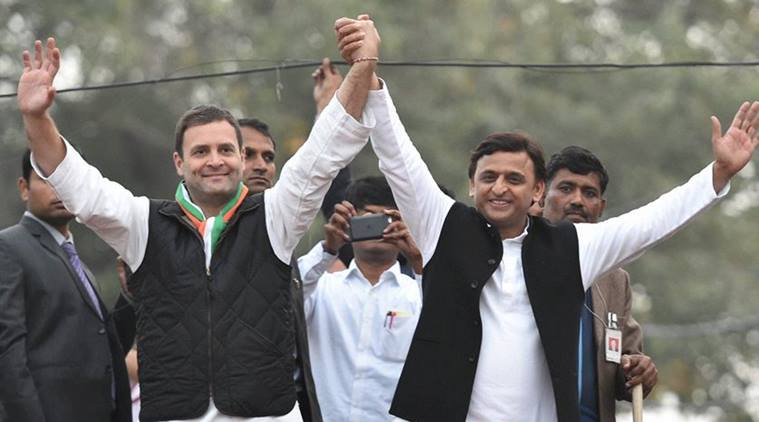Obesity, which is a serious public health concern, has become a major cause for increase in juvenile diabetes and even heart diseases among children, said experts ahead of the World Diabetes Day which will be observed tomorrow.
Children diagnosed with diabetes are also at higher risk of contracting chronic conditions such as high blood pressure, high cholesterol, bone or joint problems and sleep apnea, well-known bariatric surgeon from Bengaluru M G Bhat said.
In addition to biological or genetic factor, children are becoming overweight due to modern life-style, excess calorie intake in the form of fast food, sugary drinks and lack of physical activity, Dr Bhat told PTI.
Figures published by the World Obesity Federation in Paediatric Obesity for World Obesity Day 2016, indicate that if current trends continue, by 2025, 268 million school-aged children (age 5 years to 17.9 years) worldwide will suffer excess bodyweight including 91 million who will have obesity.
Bhat said “childhood obesity is a serious problem. The increasing incidence of this disease poses a dilemma for treatment and care. Being overweight has enormous impact not only on the physical health of a child, but also on mental and emotional health as well.
“Such children are often targets of bias and stigma among their peers and develop low self-esteem as well as a tendency to withdraw from others,” says Bhat.
A lot of studies and surveys are being undertaken to understand the prevalence of obesity among children in various countries, says Mumbai-based Endocrinologist Dr Altamash Shaikh.
A recent study states that there are six crore obese children in India and another 12 crore are over-weight.
By 2025, India will have over 17 million obese children and stand second among 184 countries where the number of obese children are concerned, Shaikh said quoting another study.
Bhat, however, feels that obesity among children should first be tackled at home. Childhood obesity occurs when a child or adolescent is above the average weight for his or her age and height.
Lifestyle modifications and healthy eating habits help in tackling weight gain issues in children. Parents should encourage healthy eating habits among children by putting an end to calorie-rich temptations, he said.
Bhat says parents have to help children understand the
health benefits of being physically active and encourage them to take up some sport and join classes such as music, painting and art so that the sedentary time is reduced.
He feels lifestyle change and prevention is the main option to control childhood obesity.
“It is important to educate parents to prevent their children from becoming overweight. If they opt for any treatment for their children, they should consider it with great caution and be fully involved in it,” he added.
Mumbai-based Dr Altamash Shaikh, Consultant Endocrinologist, Diabetologist and Metabolic Physician, feels that parents should ensure that their children are healthy and physically fit.
“Children are fed with lots of ghee, butter, pizza and aerated drinks etc. Such feeding practices should change,” he opined. “One should understand that a chubby baby is different from a fat child. Parents should feed healthy food to their children and ensure that they are physically active,” he said.
“Good breakfast, play time, cutting down on junk food, candies and sweets, less screen time (including smart phones), adequate sleep, building a good relation and bond with food and exercise will definitely help in controlling the weight of the children,” informs Shaikh, adding, “it is time to act early and intervene early.”
According to Shaikh, Asian-Indians are prone to insulin resistance from their early infancy.
“Evidence from our country suggests rapid weight gain in childhood as well as adolescence is linked with a higher likelihood of diabetes and its risk factors in adulthood.”
Elaborating on the connection between obesity and diabetes, Shaikh says, “Obesity is the biggest precursor for most of major metabolic abnormalities. It causes increase in insulin levels (insulin resistance) with subclinical inflammation in the background.
“In simple words, you may have darkening of neck, increase in weight, blood pressure, high cholesterol, adding up to high blood glucose levels (diabetes),” Shaikh said.
As the World Health Organization (WHO) already has stated that obesity is an ‘exploding nightmare’, “we need to act now to prevent the disease and protect future generations”, he added.
“India is witnessing an enormous amount of increase in childhood obesity. This will have serious health issues across the lifespan. In addition to diabetes, an obese child may also have low self-esteem, low self-confidence, poor peer acceptability, poor academic performance, thus affecting the overall future of the nation,” Shaikh explains.
From Agencies, Feature image courtesy huffpost


























